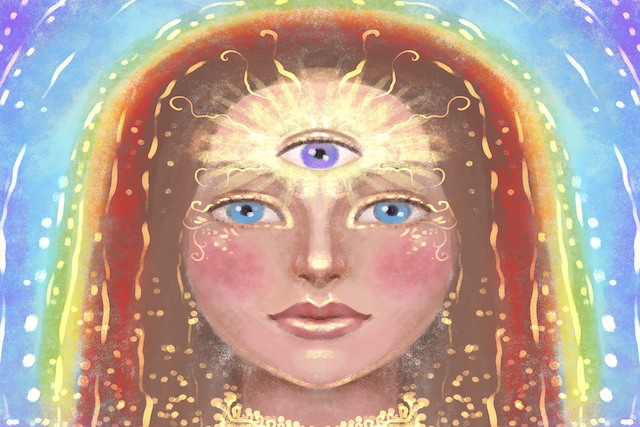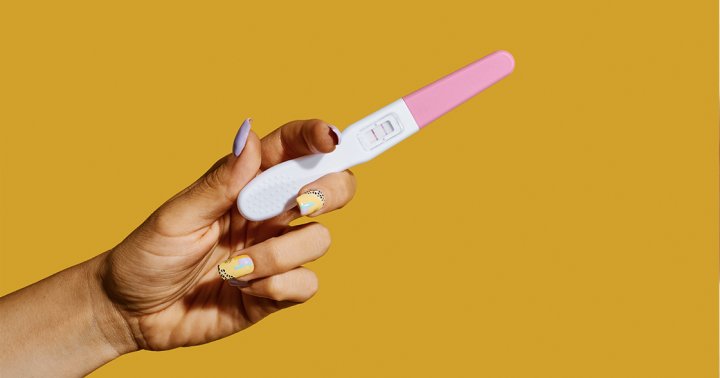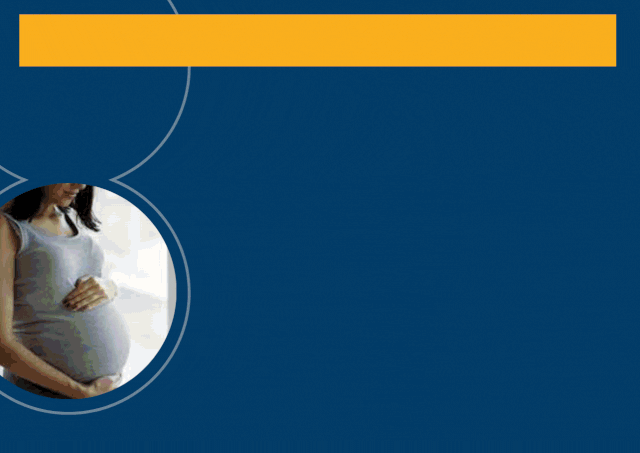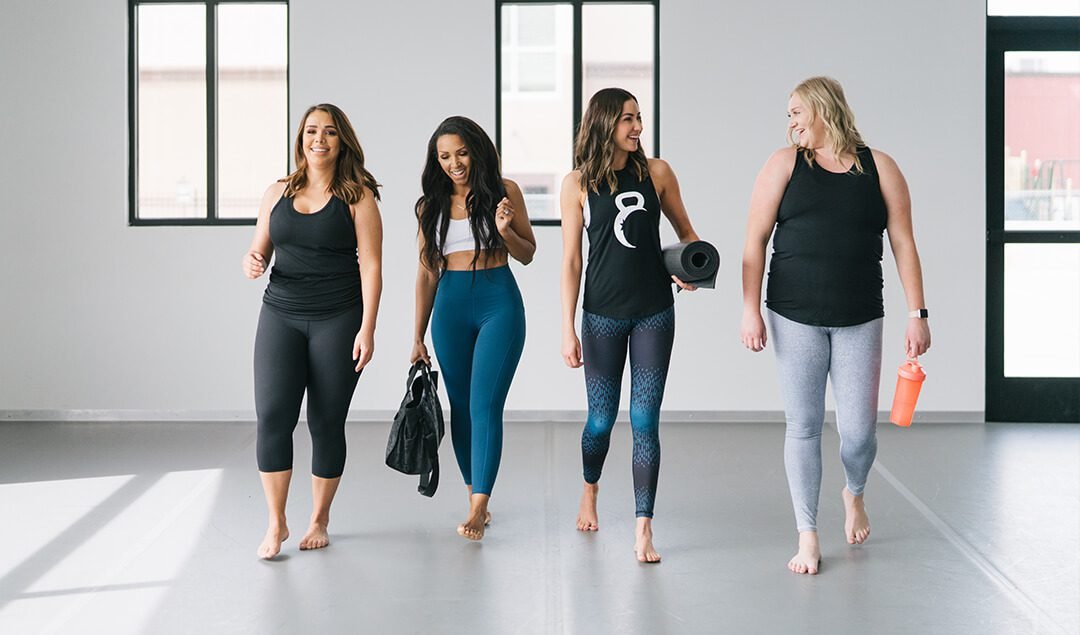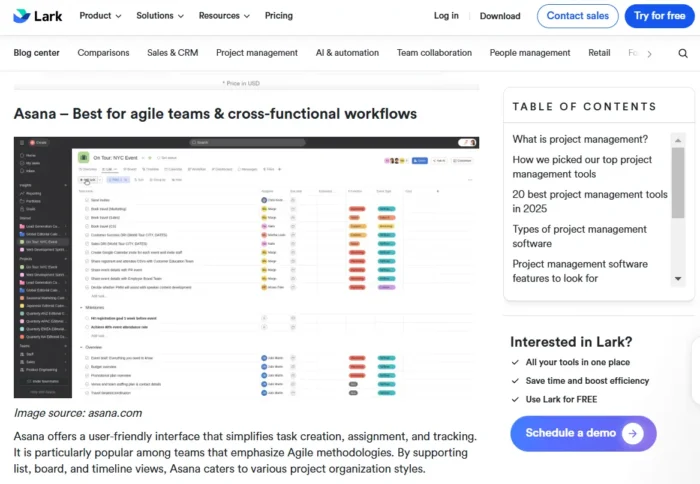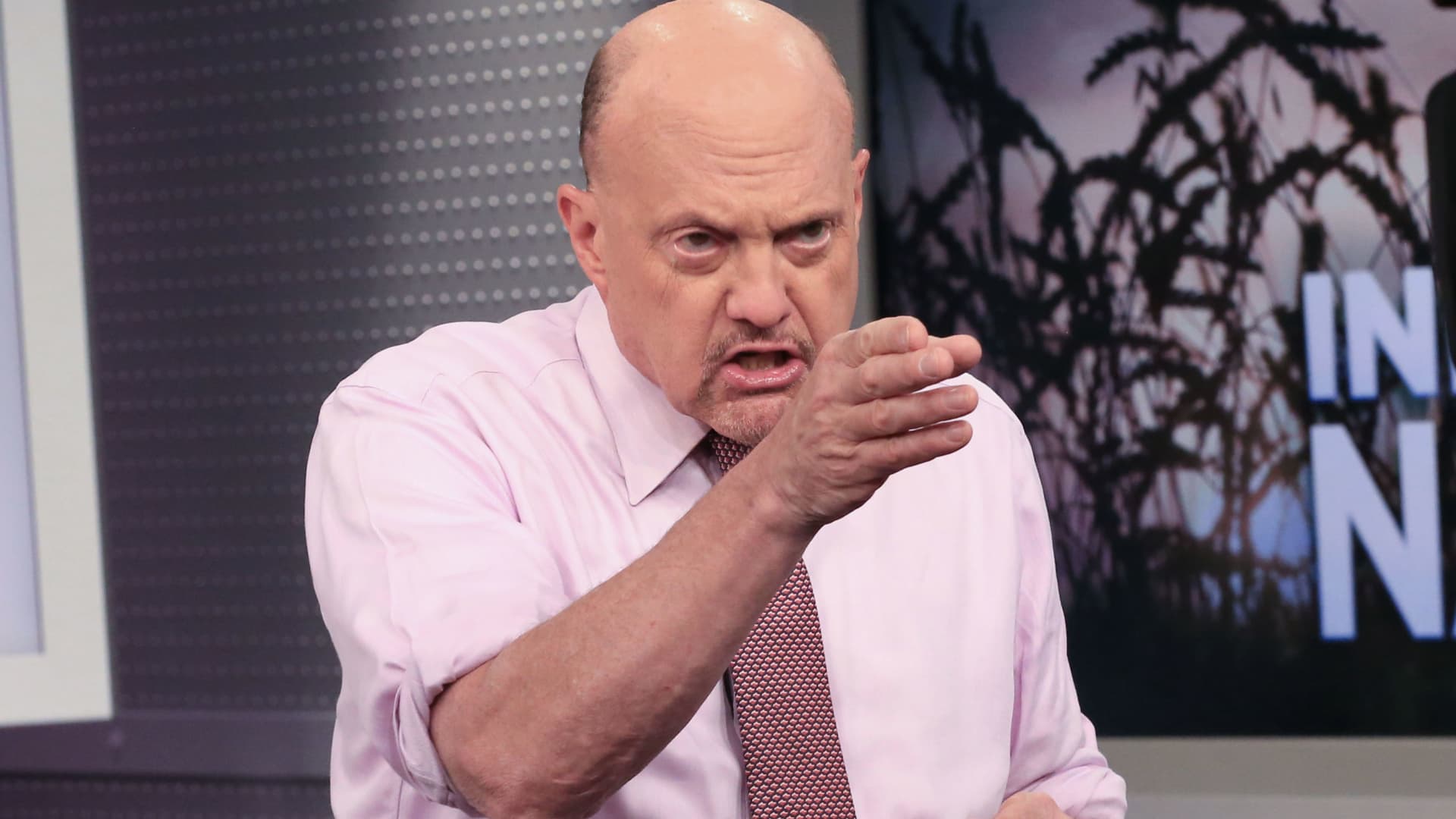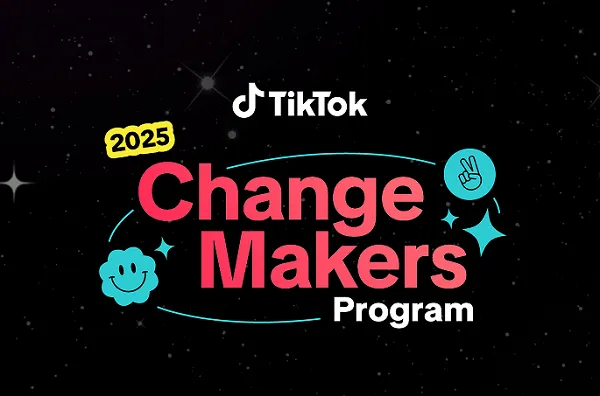What Migraines Have Taught Me About Being Vulnerable
“Vulnerability is the core, the heart, the center, of meaningful human experiences.” ~ Brené Brown, Daring Greatly Migraines. I’ve had them since I was five years old. Sometimes they’re bad, sometimes they’re really bad. But I have them. When...


“Vulnerability is the core, the heart, the center, of meaningful human experiences.” ~ Brené Brown, Daring Greatly
Migraines. I’ve had them since I was five years old. Sometimes they’re bad, sometimes they’re really bad. But I have them.
When I was five, I had electrodes placed on my skull to do an EEG. I didn’t understand the name, so I called it a “sleepy EG” since they put me to sleep to do it.
Back then, I didn’t realize how chronic pain could interfere with my daily life. I just knew that I was getting my sleepy EG.
It was also during my childhood that my personality started to form, as it does with everyone. I was a shy and introverted child, and I quickly learned the societal ropes of not expressing your struggles. I learned to say, “I’m fine,” when someone asked how I was, even if I really wasn’t.
I saw vulnerability as something to be avoided. However, as I got older and my migraines got more intense, my worlds of chronic pain and vulnerability ultimately converged.
As many with chronic pain would tell you about living with their conditions, my life has become a delicate dance between preventing/treating my migraines and enjoying my life. But the migraines’ frequency and severity have not made it easy.
When I was six, I got a migraine the morning of my dance recital. It was a Disney-themed recital, and I was supposed to wear a Minnie Mouse costume. I developed a throbbing pain in my head that debilitated me for a couple of hours.
The recital was in the evening, and I didn’t know if I would be able to go on to perform that night. I got incredibly anxious that I wouldn’t be able to perform that night while wearing my Minnie Mouse costume. I feared I would let my whole dance class down.
After lying down in the dark for a couple of hours, the migraine dissipated, and I was able to perform. But it was then that I became acquainted with the anxiety around my migraines and letting others down. It was both out of this anxiety and a fear of showing my feelings that I didn’t let anyone at my dance studio know that this was a struggle for me.
In my early twenties, I got a migraine that stands out as a turning point in my migraine and, frankly, my life journey. It was the Minnie Mouse costume scenario on a much larger, more disastrous scale.
I was doing a year-long internship at a theater company. It was a prestigious and selective internship, and I’d moved across the country for it.
I was qualified, but I was stressed about being new to the professional world, and stress is a trigger for my migraines. I was working at plenty of events that went late at night, and I hadn’t mastered adjusting my sleep schedule around those.
The combination of lack of sleep and stress was not good, and I got sick a lot with colds, the flu, and, of course, migraines.
During this internship, the theater company held a fancy gala at the Ritz-Carlton. I was working the event, running around setting up and checking donors in. I’d been in charge of another event the night before, and I was feeling exhausted and depleted.
About two hours before the gala, I saw the dreaded spots of light that usually fill my vision and precede a migraine. But I was working, an early-career professional, and I felt I couldn’t really do or say anything about it.
The event started, and guests poured in. The migraine set in, but I plastered on my event smile, the one that makes my cheeks hurt when I’ve been doing it for hours. Things were going okay, until I got nauseous and felt like I was going to be sick.
I tried to make my way to the bathroom, but it was all the way across the event hall. There were also a bunch of people in the room that I had to push past.
Suddenly, I couldn’t control the urge to vomit anymore. Right there, in the ballroom of the Ritz-Carlton, crammed in between a bunch of fancy partygoers, I vomited.
It got all over my dress and on the floor. I’ve been told it hit other people, although I wasn’t conscious of that at the time.
What happened next was a blur of events that included me going into the bathroom to vomit more, crying in a hotel room, and my coworkers and boss coming to check in on me. I felt humiliated.
After years of avoiding vulnerability, this experience forced me to be vulnerable, both physically and emotionally. I couldn’t control the physical vomit that came out of my mouth in the middle of the gala, and I was too depleted to hide my embarrassment and sadness over the event for the rest of that day.
We’re taught not to show such vulnerability to others, especially not coworkers. But it had happened. After that event, how could I go back to work the following week and face everyone?
I returned to work the following Monday, and it was in facing the situation that I learned even more about vulnerability. I didn’t appreciate it at the time, but what I learned would affect how I approach situations and relationships in my life moving forward.
Since everyone at work had either seen my embarrassing moment or heard about it, one of the few options I had was to simply be honest about the experience.
It actually felt kind of refreshing to be open about my migraines and my embarrassment over them. I feel like we all spend so much time trying to convince everyone else that we’re fine when we’re not. It was a relief to be open and honest with others about real life.
Here are some examples of vulnerable things I said to coworkers about my migraine experience.
“I was really scared. I felt like my migraine would never go away.”
“When I was nauseous, I tried to go to the bathroom, but it was all the way across the hall. I felt so helpless.”
“I didn’t want to let everyone down by admitting I had a migraine.”
Being vulnerable enabled me to connect with my coworkers, and we were able to relate to one another about the very human experiences of embarrassment, pain, helplessness, and anxiety. A couple of coworkers shared stories about migraines or other embarrassing situations in their lives.
Yes, these were my coworkers, and I saw them that way. But I suddenly also felt as if I could see them as simply human.
Vulnerability isn’t for every situation. Sometimes it isn’t safe or appropriate. Nowadays, I don’t talk to my coworkers about every life situation, and I only mention migraines if they somehow come up in conversation.
But this experience with chronic pain gave me a little taste of what opening up to others would feel like and the good that it could do. It encouraged me to be open about migraines and other struggles in my life with family and friends. Some of the best, most fulfilling relationships of my life have come from being vulnerable with others.
Life is just plain unpredictable. You can plan and prepare all you want, but sometimes things happen. And when they do, being vulnerable can help you glean something positive from unfortunate situations and form strong relationships.
Although I’ve learned from my migraines, I want to be clear that I’d still rather not have them. They have caused me to have a lot of pain and limitations. I don’t agree with the phrase “everything happens for a reason” for every situation in life.
But the reality is that I do have migraines, so I might as well look for the silver lining and take what I can from it.
And it is true that I never would have learned so much about vulnerability if I hadn’t vomited from a migraine at the Ritz-Carlton.
![]()
About Haley Bierman
Haley Bierman is a fundraiser and writer living in the Boston area. She enjoys writing in diverse genres such as memoir, essay, short fiction, and poetry. Haley is also a trained singer who is honing her skills in lyric writing while beginning to work on original songs.
See a typo or inaccuracy? Please contact us so we can fix it!

 FrankLin
FrankLin 








